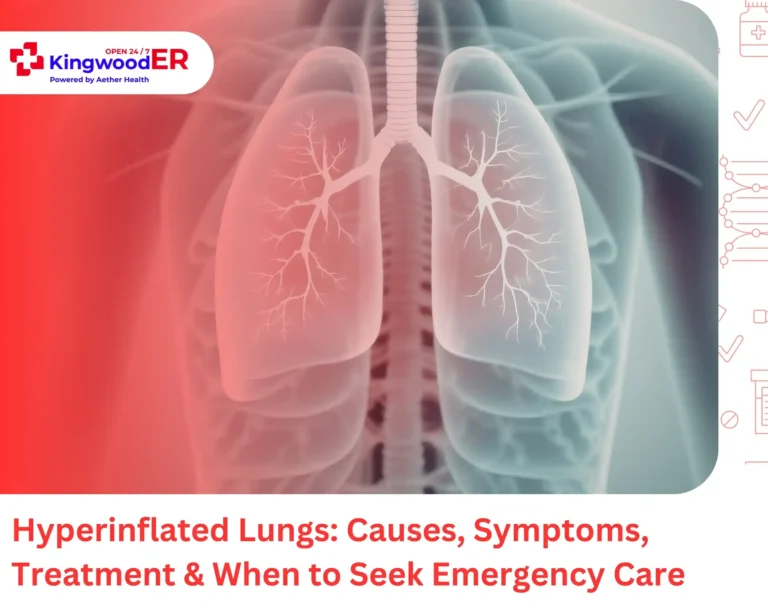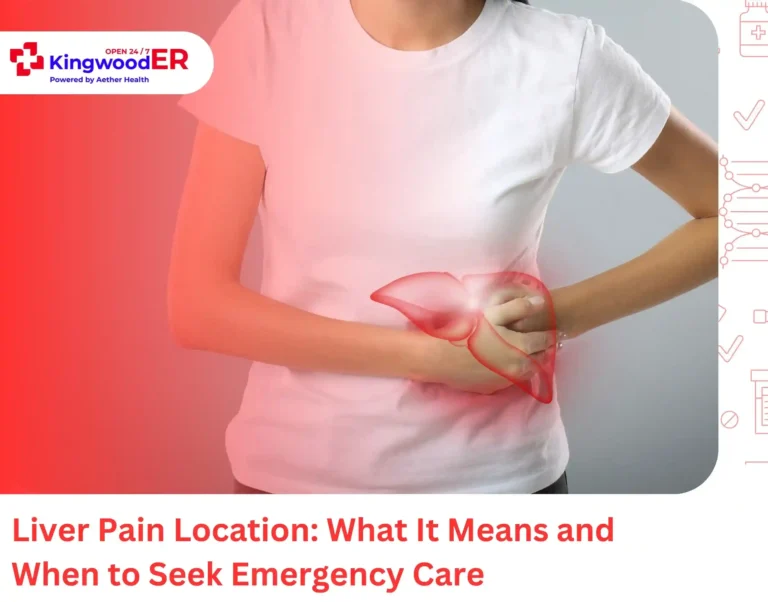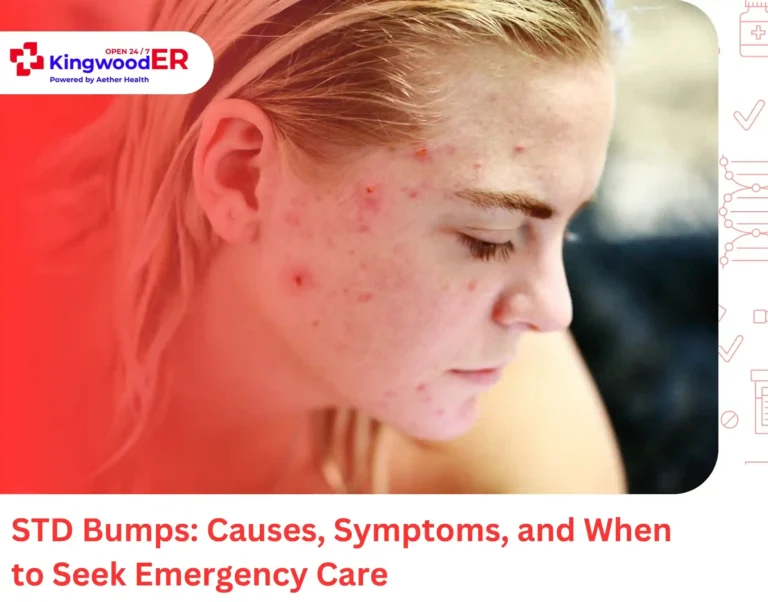If you’re not used to intense physical activity and suddenly decided to do an intense workout, have you ever felt like you’re having an irregular heartbeat? You may have triggered an arrhythmia attack.
Exercise puts more strain on your heart, which can throw off its rhythm as it works harder to provide nutrition and oxygen to the body’s tissues and organs.
Read this article to learn more about an arrhythmia attack, its triggers, and how to stop it.
What Do We Need to Know About Arrhythmia?
When the electrical impulses that control the heart’s rhythm are disrupted, it results in an irregular heartbeat, which is referred to as an arrhythmia.
Arrhythmia can occur at any time, and its onset can be sudden or gradual. In addition, numerous variables, including underlying heart diseases and way of life choices, might contribute to arrhythmia.
People Who Are Prone to Have Arrhythmia
Anyone can experience arrhythmia, regardless of age, gender, or race. The chance of having arrhythmia can, however, be increased by several variables.
The likelihood of acquiring an arrhythmia rises with age. This is because changes in the heart’s rhythm may cause the heart’s electrical system to weaken over time.
Several heart disorders, including coronary artery disease, heart failure, and heart valve disease, can also increase arrhythmia risk. These disorders may alter the heart’s electrical system and cause disruptions in its rhythm.
People with electrolyte imbalance are also at risk. Electrolytes, such as potassium and magnesium, regulate the heart’s electrical system. An imbalance in these electrolytes can lead to arrhythmia.
Several lifestyle practices may also increase the risk of developing arrhythmia, like smoking and consuming excessive alcohol and caffeine.
Various Alternative Treatment Options for Arrhythmia Attack
Alternative treatment options may assist in managing arrhythmia, aside from the conventional medical treatments that are frequently the first line of defense against the problem.
Practice Breathing Exercise

Simple yet effective breathing exercises help you control arrhythmia symptoms. These exercises can aid in lowering tension and anxiety, which frequently cause arrhythmia.
Here are some breathing techniques you can use:
- Diaphragmatic breathing
- 4-7-8 breathing
- Alternate nostril breathing
Reduce or Stop Stimulants
Reducing or stopping the use of these substances may help manage arrhythmia symptoms:
- Caffeine
- Nicotine
These stimulants can trigger arrhythmia episodes, and to prevent withdrawal symptoms, it is crucial to gradually cut back on your normal intake of coffee or nicotine.
Increase Vagus Nerve Activity
A cranial nerve called the vagus nerve controls a number of body functions, including digestion and heartbeat. The heart’s rhythm can be improved by raising vagus nerve activity, which can also lessen arrhythmia symptoms.
There are several ways to increase vagus nerve activity, including:
- Deep breathing exercises
- Singing or humming
- Yoga and meditation
- Gargling with water
- Cold exposure, such as taking a cold shower or immersing your face in cold water
Using Acupuncture
One alternate form of treatment that can help with arrhythmia symptoms is acupuncture. It is a method used in traditional Chinese medicine that entails placing tiny needles into particular body parts to enhance energy flow and advance healing.
Consume omega-3 fatty acid foods
Omega-3 fatty acid-rich diets can also aid in the treatment of arrhythmia symptoms. Omega-3 fatty acids are a kind of healthy fat essential for good health. Some of the food rich in Omega-3 are the following:
- Fatty fish like salmon, sardines, and mackerel
- Flaxseeds and chia seeds
- Walnuts and almonds
- Soybeans and tofu
- Canola and soybean oil
Take Vitamin C
According to research published in the Journal of Cardiovascular Electrophysiology, consuming large amounts of vitamin C lowers the risk of atrial fibrillation, a common type of arrhythmia. Vitamin C may function by lessening the body’s oxidative stress and inflammation, which can cause arrhythmia.
Taking magnesium and potassium supplements
Two critical minerals, magnesium, and potassium, are necessary for various bodily functions, including heart health. These minerals can help manage arrhythmia symptoms and control the cardiac rhythm.
Use hawthorn herb
Hawthorn is a herb used for generations as a medicine because of its potential advantages for heart health.
This herb is believed to work by improving blood flow to the heart and lowering inflammatory levels in the body, which helps to regulate cardiac rhythm and reduce the risk of arrhythmia. Hawthorn may also contain heart-healthy antioxidant properties that can help.
Help Maintain Electrolyte Balance
Heart health is one of the numerous internal processes that depend on electrolytes or minerals with an electric charge in the body. Maintaining electrolyte balance is important for managing arrhythmia symptoms and heart attack.
Some of the most important electrolytes for heart health include:
- Sodium
- Potassium
- Magnesium
- Calcium
Keep Hydrated

Staying hydrated is essential for overall health but especially important for managing arrhythmia symptoms. Electrolyte abnormalities brought on by dehydration can lead to arrhythmia.
Do Regular Exercise
A healthy lifestyle should include regular exercise, which can aid with arrhythmia symptoms. In addition, exercise can assist in increasing general well-being, lower stress and anxiety, and enhancing cardiovascular health.
Other Recommended Supplements
Other supplements that may be beneficial for managing arrhythmia symptoms include:
- Coenzyme Q10. CoQ10 is an antioxidant that helps produce energy in the body’s cells. It may help improve heart health and reduce the risk of arrhythmia.
- Vitamin D. Vitamin D is known for maintaining bone health but may also affect the heart. An increased risk of arrhythmia has been linked to low vitamin D levels.
- B-complex vitamins. B vitamins aid in energy production and may promote heart health.
Supplements to avoid
Here are some supplements to be cautious of:
- Ephedra. This herb has been used to reduce body weight and improve athletic performance, but because of its potentially harmful side effects, such as elevated heart rate and blood pressure, it has been banned in many nations.
- St. John’s Wort. Commonly used for depression and anxiety, may interact with arrhythmia medications. For depression support, consult a psychiatrist like Total Mental Wellness.
- Licorice. Although this herb frequently alleviates digestive problems, it can also worsen arrhythmia symptoms by altering electrolyte balances and blood pressure.
- Ginseng. This herb is often used for energy and immune system support but can interact with certain medications, including those used to treat arrhythmia.
- Vitamin E. High doses of vitamin E have been connected to an increased risk of bleeding, which can be deadly, for those who use blood thinners to treat arrhythmia.
Talking to your doctor before taking supplements is important, as they can interact with certain medications and may not be appropriate for everyone.
What Must I Know About Keeping On Top Of Myself While Having An Arrhythmia?
Keep a record of your symptoms, noting their occurrence, duration, and any potential triggers. This can assist your doctor in changing your treatment plan as necessary.
How Do I Take My Pulse Rate?
The wrist is the most typical area to check your pulse. To find your pulse at your wrist, turn your hand over with your palm facing up. Then, use your index and middle fingers to press lightly on the inside of your wrist, just below the base of your thumb.
Once you find your pulse, record how many beats you experience throughout 60 seconds. Alternatively, you can count your heartbeats for 30 seconds, multiply the result by 2, and then convert the result to beats per minute.
When Should I Contact My Doctor When I Experience An Arrhythmia?
If you experience an arrhythmia, it is important to contact your doctor as soon as possible or proceed to Aether Health – Kingwood ER or the emergency room nearest to you.
Always err on the side of caution and consult your doctor if you are unclear whether your symptoms call for medical treatment.
Every Heartbeat Counts
If you have been diagnosed with arrhythmia, you should follow your treatment plan, keep track of your symptoms, check your heart rate, be active, manage your stress, maintain a good diet, drink plenty of water, and attend all of your doctor’s appointments.
If your arrhythmia symptoms escalate or worsen, you should immediately proceed to an emergency like Aether Health – Kingwood ER since untreated arrhythmia can have dangerous consequences.




